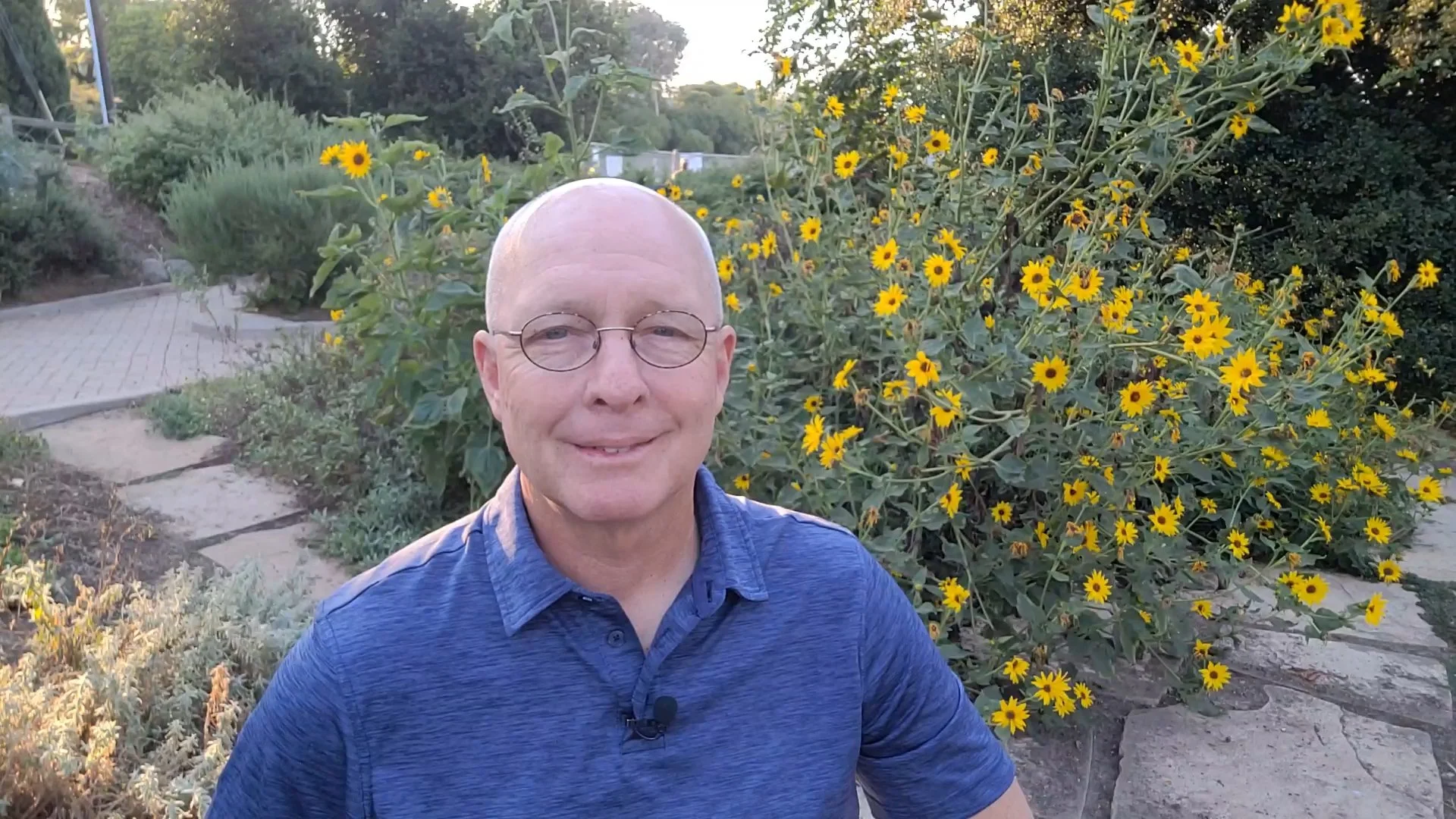John 19:38-42 supplies details regarding Jesus’ burial. But it also records a remarkable account of bold, risky, and unexpected faith exercised by two members of the Jewish elite. Both were part of the Sanhedrin – the religious leadership council – and both, until this point, had been timid Christ-followers.
One of them, Joseph from the city of Arimathea, is mentioned in all four of the canonical gospels. Although the other three describe various additional aspects of Joseph’s identity and character, in his account, John focused on the fact that he was someone who kept his belief in Jesus a secret for fear of how his fellow religious leaders might react if they found out.
The other man was named Nicodemus. He only appears in the Gospel of John but is mentioned on three occasions. The first occurred early in the Lord’s ministry (John 3:1-21) when Nicodemus’ spiritual hunger compelled him to seek answers. But we’re told he approached Jesus at night under cover of darkness to avoid being seen associating with him.
Both men clearly tried to keep their faith a private affair. So, it’s truly shocking when even while adrift in the high tide of heartache, confusion, and disillusionment they must have been experiencing in the aftermath of the crucifixion, they steeled themselves to take a very public and dangerous stand of solidarity with Jesus by assuming responsibility for his burial.
The Lord’s closest followers had all gone into hiding. But instead of running away, Joseph shoved his secret faith out into the open and courageously approached Pilate for permission to take possession of the body. Then, Nicodemus escorted his own belief out of the shadows and brought 100 pounds of spices, likely purchased at his own expense, to join Joseph in preparing the corpse according to Jewish custom. And finally, together, they placed Christ’s remains in a new tomb owned by Joseph (Matthew 27:60) and conveniently located in a garden nearby.
After this, both men exit the pages of Scripture and into legend. So, even though we may desperately desire to hear the rest of the story, we simply can’t know what happened next. Our questions regarding the impact of the resurrection on their lives, how the rest of the religious elite reacted to their stand, and how their expressions of faith in that darkest of times directed their futures must remain unanswered.
But this is certain. There was no turning back. They were now on record as being among those who followed the Nazarene. To the extent they’d previously been able to keep that fact hidden, it would no longer be possible. Their commitment to Jesus, once private and theoretical, was now public and material.
But true faith can only reveal itself when challenged. Like the strength of a muscle that can’t be fully assessed unless exercised against resistance, belief in Jesus is merely philosophical until acted on in the face of circumstances that push against it. That’s what makes the story of Joseph and Nicodemus so powerful and why we should all pray to be more like them.
If you’ve been someone who’s tried to play your faith close to the vest but are finding it increasingly difficult to do so while being squeezed between the rocks and hard places of life or when under direct satanic assault, I encourage you to remember Joe and Nick. It’s time to make the choice they made.


